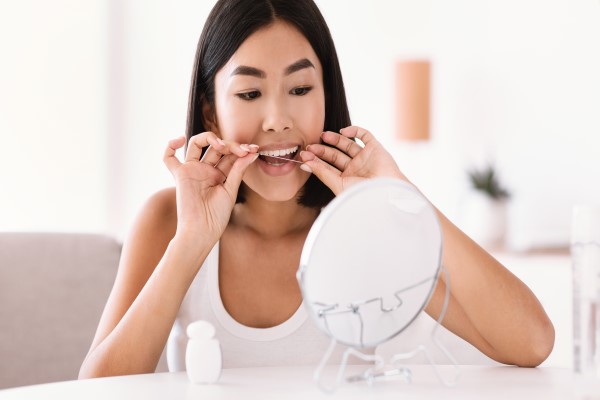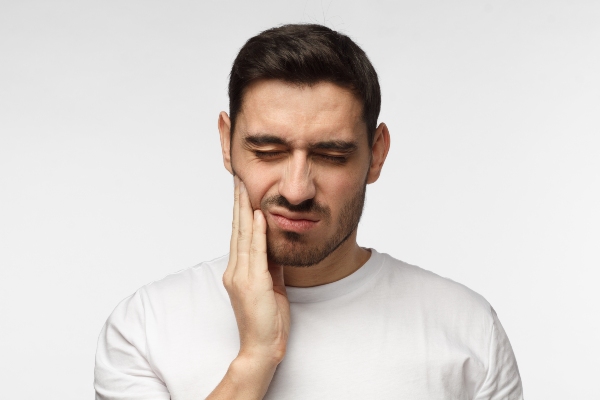Preventive Dental Care Reduces the Risk of Contracting Oral Health Conditions

Preventative dental care is an effective way to help reduce the risk of oral health conditions. Preventive dental care includes regular checkups, brushing teeth twice a day, and flossing at least once daily. These tasks can be time-consuming and seem trivial, but they are crucial for maintaining good oral hygiene. The American Dental Association recommends brushing your teeth at least twice a day and flossing daily. We visit the dentist every six months for cleanings and other treatments, such as sealants or fluoride treatment. This article will discuss the benefits of each task and their importance in maintaining good oral health.
Brushing teeth at least twice a day
Brushing one's teeth should be a priority every day. If possible, brush before going to bed since food particles begin staining teeth while the patient is asleep. It is also essential to brush the teeth after eating, such as breakfast and lunch, since food particles can stay in the mouth for hours on end if they are not brushed away properly. Some of these fragments might contain acids that cause tooth decay or cavities over time.
Brushing twice a day will remove plaque from the teeth, which contains bacteria that can cause gum disease and cavities if left alone. It is also a good idea to brush the teeth after consuming sugary or acidic foods, such as fruit juices or soda pop since the acid wears away at tooth enamel over time. Although brushing the teeth might seem like a hassle, it will help prevent health conditions from developing in the patient's mouth, such as gum disease or cavities.
Flossing
Brushing the teeth is a good idea, but it might not prevent all oral health conditions in the future. Flossing should be done once per day after brushing to remove food particles from between teeth that are hard to reach when using a toothbrush.
Even if the patient has healthy gums, food particles can get stuck between teeth, and the only way to remove them is with dental floss. Plaque can also accumulate in these hard-to-reach areas over time, turning into tartar if it isn't removed by brushing or flossing regularly.
It's essential for people of all ages to floss their teeth since it will help prevent gum disease and cavities. Dental floss can be purchased in children's sizes for younger individuals who have not yet developed the skill to use traditional string floss. Teens should also floss regularly, even after they have passed their teenage years, because food particles can get stuck between teeth, leading to plaque over time.
Talk to a dentist about oral health basics
Although these tasks can sometimes be tedious or inconvenient, preventive dental care habits are crucial for maintaining good oral hygiene and freeing oral health conditions like gum disease. If you need help with flossing your teeth properly, we can demonstrate how to do it at home, whether with traditional string floss or alternative flossing methods. By following these basic tasks, you can maintain a bright and healthy smile. Call our San Clemente office to learn more.
Request an appointment here: https://www.drericjohnson.com or call Dr. Eric Johnson at (949) 205-1139 for an appointment in our San Clemente office.
Check out what others are saying about our dental services on Yelp: Preventative Dental Care in San Clemente, CA.
Recent Posts
Many people do not know that regular dental checkups are the most important preventive dentistry procedures against oral cancer. The dentist’s objective is to prevent and diagnose any issue as early as possible, when treatment is easier. Preventive dentistry is all about keeping the oral cavity healthy for a long time. Oral cancer screening is…
Preventive dentistry involves using the right products. This includes selecting the right toothpaste. There is a type of toothpaste for every person. If you want to enhance your preventive dentistry brushing strategy, here are some tips on choosing the right toothpaste.The attending dentist will be the judge of the most suitable toothpaste. The dentist knows…
Preventive dentistry is for anyone interested in protecting their long-term dental and overall health. It is a branch of dentistry that focuses on treatments that help keep teeth healthy, such as teeth cleanings, fluoride treatments, and dental sealants. Preventive dentistry also includes simple things that you can do on your own to keep your teeth…
A root canal treatment can restore your tooth. It is an invasive treatment that aims to remove the damaged or infected pulp. But what should you do after this outpatient procedure? Here are the details on what will happen after a root canal.The dentist will suggest waiting until the effects of the anesthesia fade before…


